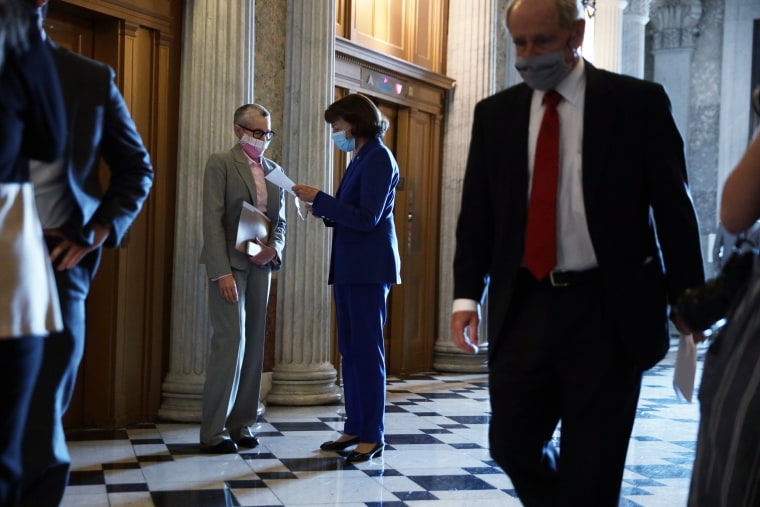Tech companies are asking Congress to strengthen the privacy protections around search engines and web browsers as lawmakers enter the late stage of negotiations on a bill about government surveillance.
Mozilla, Reddit and Twitter as well as a coalition that includes Facebook and Google were among those that signed on to a letter released Friday asking House leaders to require the Justice Department to get a warrant before obtaining someone’s search or browser history, even in national security cases.
The letter comes as the House is considering a reauthorization of key surveillance laws, including some provisions that date to the 2001 USA Patriot Act.
“Search and browsing history can provide a detailed portrait of our private lives,” the companies said in the letter. “It may reveal medical conditions, religious beliefs, and personal relationships, and it should be protected by effective legal safeguards.”
The Patriot Act, passed immediately after the Sept. 11, 2001, terror attacks, authorized federal prosecutors to obtain a wide swath of business records, including from search engine and web browser makers, without getting the warrant typically required by the Fourth Amendment.
A proposal to bring back the warrant requirement narrowly failed last week in the Senate, falling one vote short of the 60-vote supermajority it needed to pass.
The letter was sent to House leadership including Speaker Nancy Pelosi, D-Calif., and Minority Leader Kevin McCarthy, R-Calif. Representatives for their offices did not immediately respond to a request for comment Friday.
Privacy groups and civil liberties organizations such as the ACLU have been mounting their own lobbying push to require a warrant, noting in a letter this week that there had been bipartisan support for the idea in the Senate.
The Justice Department has opposed requiring a warrant in cases of national security, where prosecutors say they need maximum flexibility to conduct investigations.
